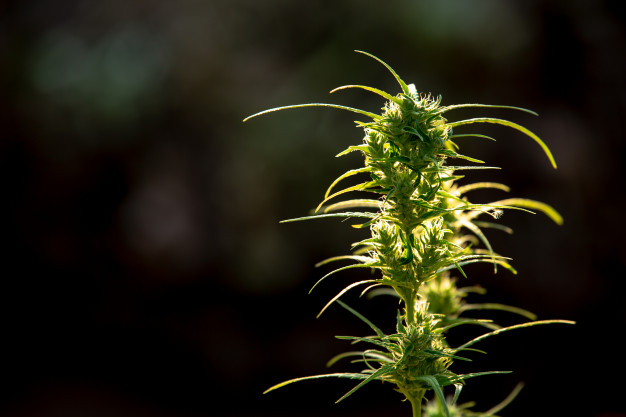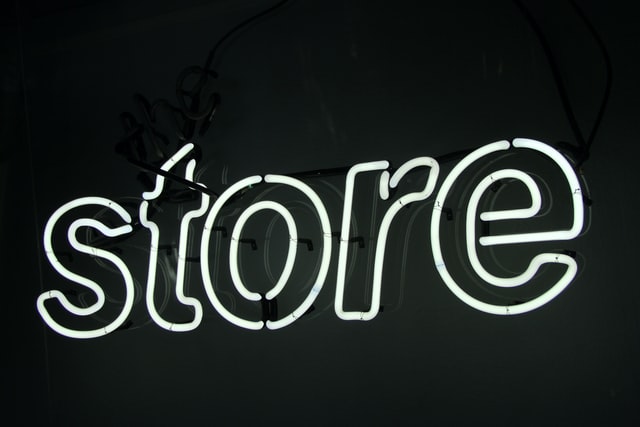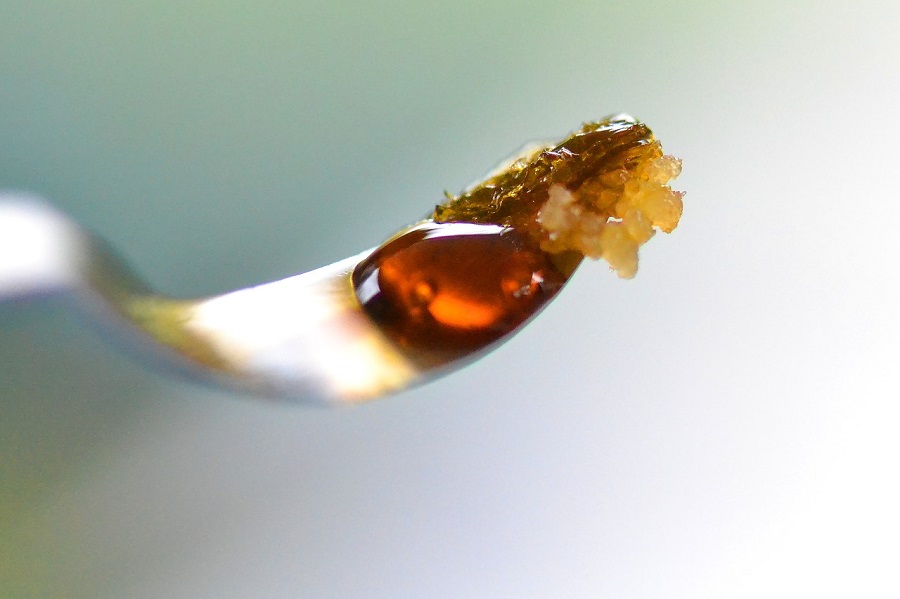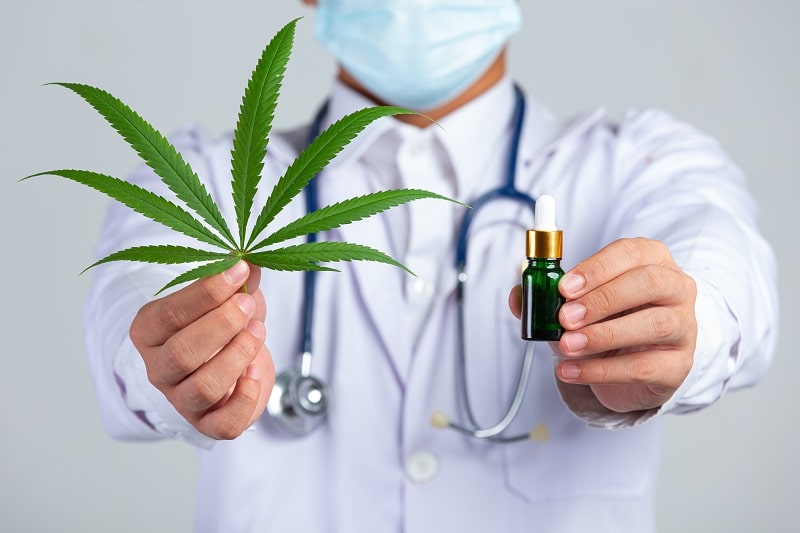In recent years, the legal situation around marijuana has changed all over the United States. Many states have relaxed their laws regarding the medicinal use of marijuana, and some have gone even further, legalizing with recreational marijuana legalization.
However, at a federal level, marijuana is still illegal and classified as a Schedule I drug. Will federal marijuana legalization ever happen? And if so, when will marijuana be federally legal? This guide will cover the topic of marijuana federal legalization and explore the latest developments.
State-Regulated Marijuana Markets
Is marijuana federally legal? No, but that doesn’t mean that it’s not possible to buy, grow, and use marijuana in many parts of the US. This is all thanks to state-regulated markets, as each state is able to devise its own laws and rules regarding the sale, production, and use of cannabis and its derivatives.
Thanks to this system, many US citizens have easy access to marijuana, and recent years have seen huge changes at the state level, with many states introducing new measures to make marijuana more accessible for those who want it. The state of Maryland, for instance, recently passed a bill allowing adults to buy marijuana from official dispensaries.
In other states, these kinds of dispensaries were introduced years ago. There are many recreational dispensaries in California, for example, and certain states (like CA) have been seen as pioneers for change in the field of marijuana legalization, backed up by authorities like the CDC, which states that cannabis has a range of medicinal properties and health applications, or the US Department of Justice, which suggests that legalization of cannabis leads to no notable increase in crime.
At the same time, other states maintain a stricter position on the subject of legalization, often citing studies and arguments regarding the adverse effects of cannabis, like those published in Missouri Medicine. This all leads to a situation where one state may allow free and easy use of marijuana, while their next-door neighbor expressly forbids it in all forms.
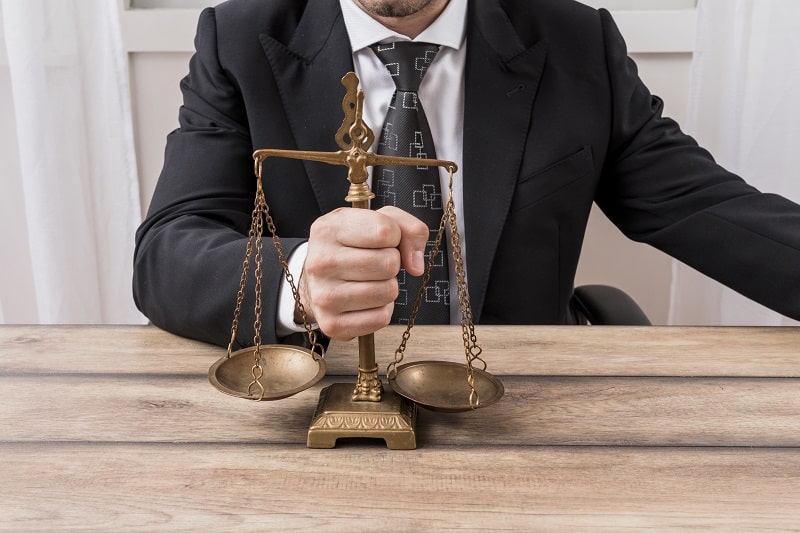
Where Is Marijuana Legal?
At the time of writing, the following list shows the states where marijuana is legal:
- Colorado
- Washington
- Alaska
- Oregon
- Washington, D.C.
- California
- Maine
- Massachusetts
- Nevada
- Michigan
- Vermont
- Guam
- Illinois
- Arizona
- Montana
- New Jersey
- New York
- Virginia
- New Mexico
- Connecticut
- Rhode Island
- Maryland
- Missouri
- Delaware
- Minnesota

Potential Impact of Federal Marijuana Legalization on State-Regulated Markets
Many advocates for marijuana would like to see federal cannabis legalization. They believe that this would lead to much easier access to cannabis for those who need it all across the US. While this may be true, there are also potential downsides that could come about as a result of the process of federally legalizing cannabis.
Notably, if marijuana becomes legal at a federal level, critics warn that states would be forced to open up to marijuana from other states, where producers may follow a different set of rules and regulations from the formerly state-regulated market. This could cause chaos as state regulators struggle to keep up with the new changes.
This could have an array of negative knock-on effects, like invalidating investments in existing regulatory systems, undermining all of the states’ many efforts to regulate and control marijuana use and sale, and so on. There may also be social unrest at the prospect of marijuana suddenly becoming legal all across the country, including in states where the population primarily opposes it.
History of State-Level Marijuana Legalizations
The history of state-level legalization goes back to the 1970s. From 1973 onward, states like Texas began to relax certain laws around possession of cannabis, while the likes of Alaska, Maine, Colorado, California, and Ohio went further, decriminalizing it.
Other states followed, and the 90s saw bigger changes with the rise of medical cannabis, which first became available in California in 1996. CA paved the way, allowing those with qualifying conditions to obtain a Medical Marijuana Card and visit their local Los Angeles marijuana dispensary to buy cannabis. Other states introduced similar laws.
Then, in 2012, the push for recreational legalization began, with Colorado and Washington being the first two states to legalize recreational cannabis. Dozens of other states followed, and efforts are still ongoing in other states to push for legal recreational use of this drug, as well as medicinal use.
MORE Act
In 2019, the Marijuana Opportunity Reinvestment and Expungement Act, or MORE Act, was introduced. This piece of federal legislation proposed to remove or deschedule cannabis from the Controlled Substances Act, as well as bringing in a range of reforms, like expungement of offenses relating to cannabis.
The vote on the bill was originally scheduled for late 2020 but had to be delayed due to the COVID-19 pandemic. Eventually, in December 2022, the bill passed. This was the first time any legislation to legalize marijuana in federal law passed Congress. With some changes, the bill was reintroduced in 2021 and passed the House.
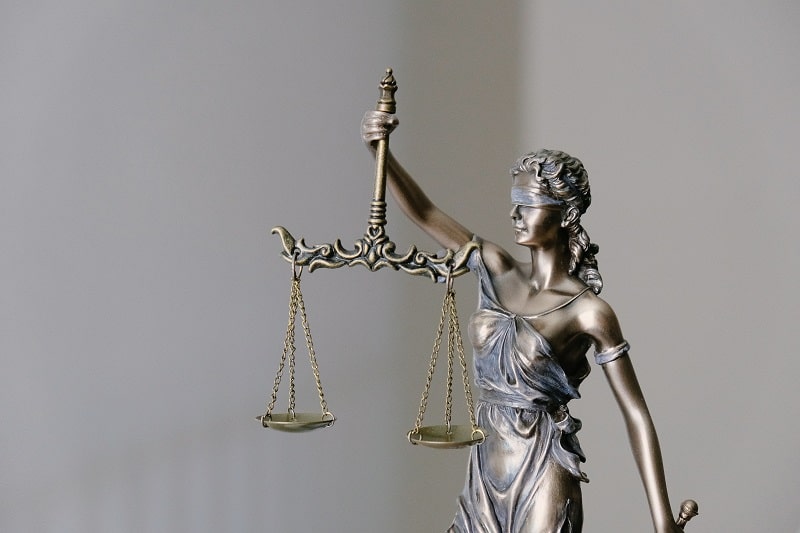
STATES Act
The Strengthening the Tenth Amendment Through Entrusting States Act, or STATES Act, is another big part of the push to legalize marijuana. This bill was proposed in 2018 by Cory Gardner and Elizabeth Warren, designed to change the Controlled Substances Act and essentially remove power from federal enforcement individuals and agencies in states that have legalized marijuana.
The latest development with this act is that it should have a committee vote, potentially at some stage in 2023. Optimists hope that the STATES Act, if successful, could pave the way to nationwide legalization of cannabis products.
Path to Marijuana Reform
The path to marijuana reform consists of three main areas:
- Decriminalization – First, general decriminalization of marijuana. At the federal level, this would involve taking marijuana off the Controlled Substances list and removing its Schedule I status.
- Medical Marijuana – Next, medicinal marijuana could be legalized across the country, providing unrestricted access to therapeutic cannabis products for those who need them to aid with the treatment of chronic pain, cancer, and various diseases and conditions.
- Recreational Marijuana – The final aspect would be total legalization of recreational marijuana, allowing Americans to use marijuana freely for recreational purposes.
When Will Marijuana Be Federally Legal?
The truth is that we can’t know when marijuana will be legal federally, if ever. There are no guarantees, but with so many states legalizing it, and general public attitudes showing more and more support for legalization, it’s likely that the end goal of total federal legalization is more of a possibility than ever before. Progress at the federal level is slow, but efforts are being made, and we may hear more news as 2023 continues and into 2024. Contact us if you have more questions on the matter.
The Bottom Line
The road to marijuana reform is still a long one, with no definitive end in sight. However, progress is being made in many areas, and state-level legalization is at an all-time high. If this trend continues, federal legalization is a very real possibility, but the relevant authorities will need to plan carefully and take the necessary steps to support state regulatory bodies, allowing for a smooth transition if and when federal legalization finally occurs.
Sources
